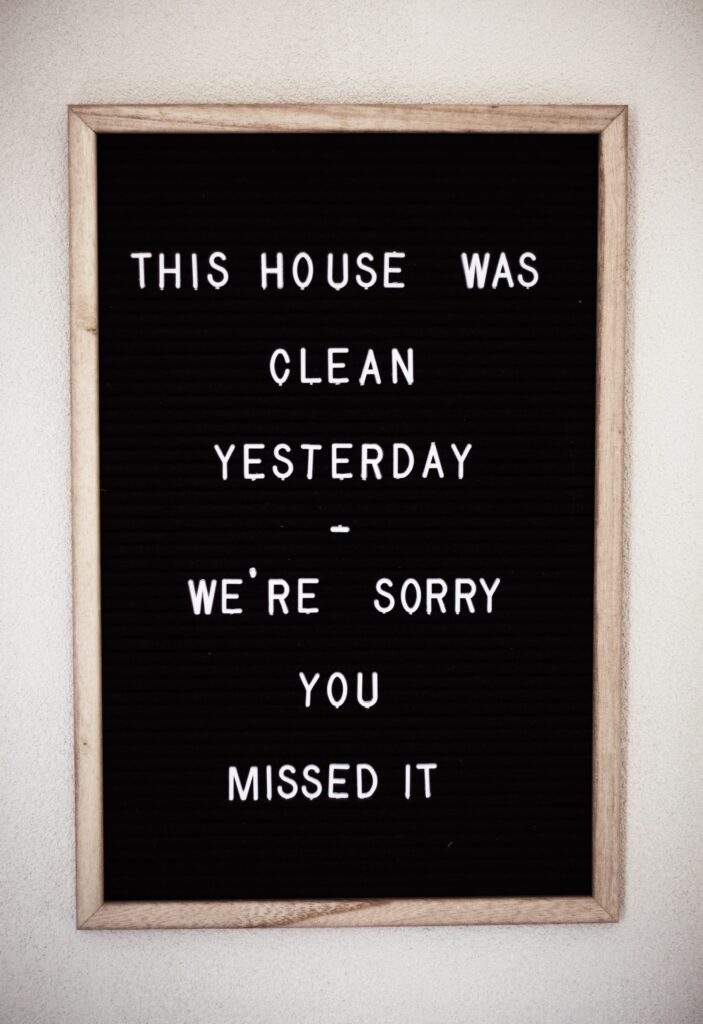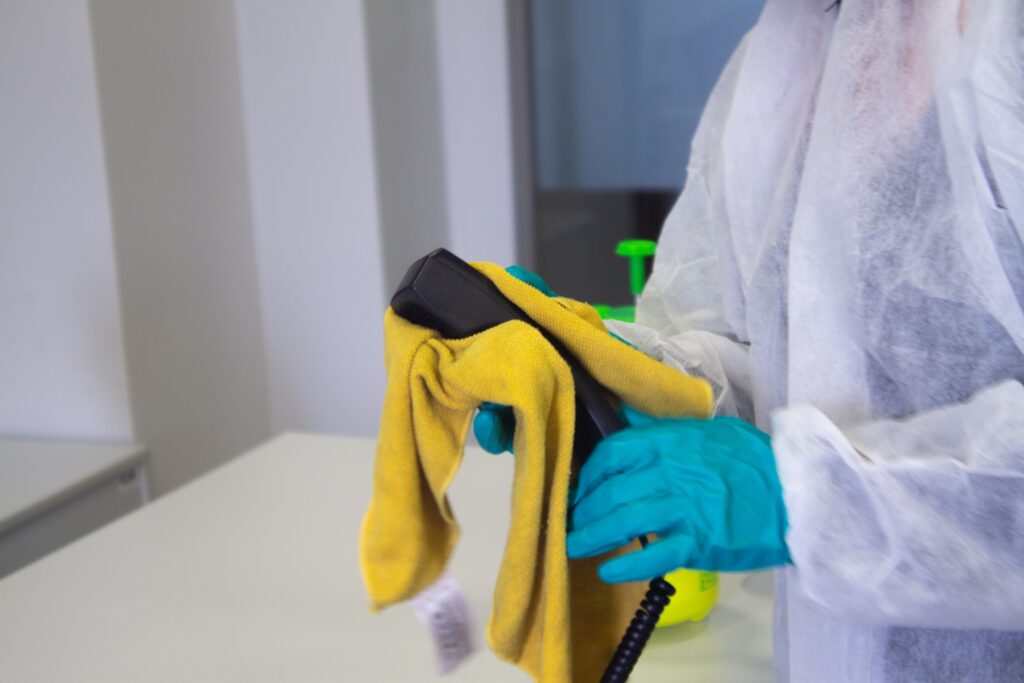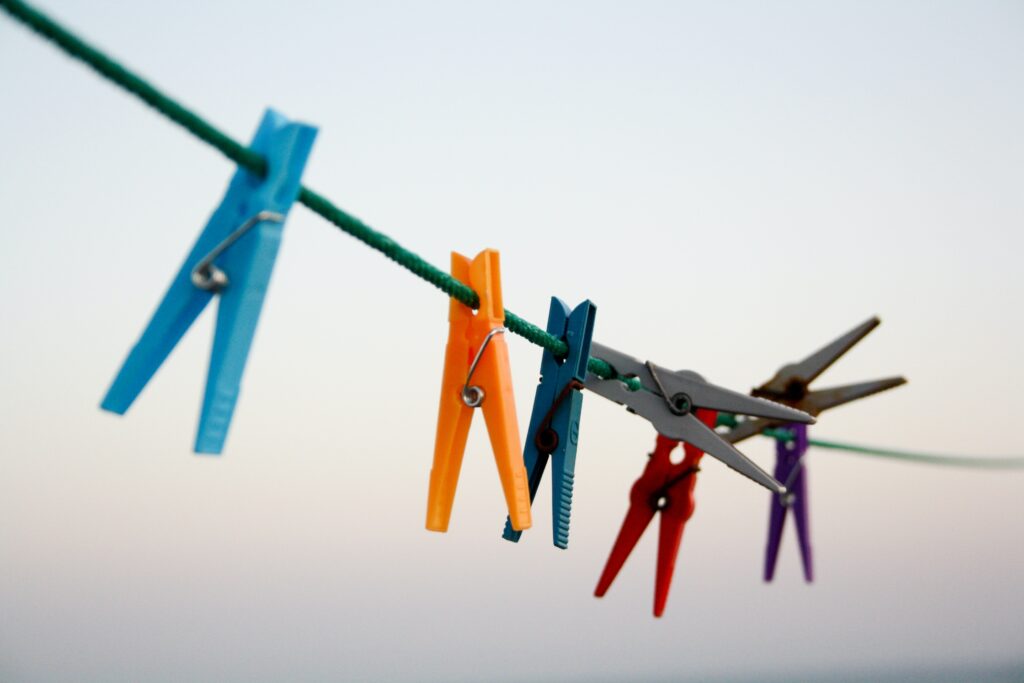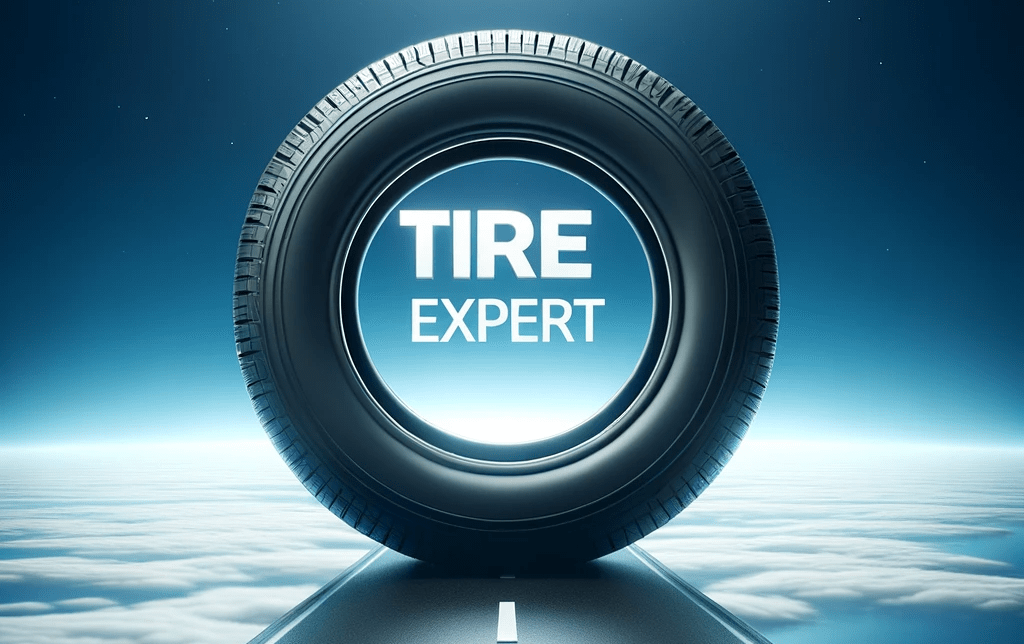Cleaning aftermarket wheels can be a daunting task, but with a few precautions, you can maintain their stunning appearance for a long time. When it comes to cleaning these wheels, it’s important to steer clear of abrasive cleaners and stiff brushes that can cause scratches and damage the wheel’s finish. Instead, opt for a gentle wheel cleaner and a soft cloth to remove dirt and grime without causing any harm. By avoiding these common mistakes, you can ensure that your aftermarket wheels stay pristine and continue to turn heads wherever you go.

Using harsh chemicals
When cleaning aftermarket wheels, it is essential to avoid using harsh chemicals that can cause damage. Acidic cleaners, such as those containing hydrochloric acid or phosphoric acid, can corrode the wheel’s finish and eat away at the protective clear coat. Similarly, bleach or ammonia-based cleaners can be too harsh and can cause discoloration or even deterioration of the wheel material. To protect your wheels, opt for mild or pH-balanced cleaners specifically designed for cleaning wheels.
Using improper tools or equipment
Using the wrong tools or equipment can also lead to damage when cleaning aftermarket wheels. Wire brushes are a big no-no as they can scratch or damage the wheel’s surface, especially if it is made of aluminum or chrome. Similarly, abrasive scrub pads can leave behind deep scratches, ruining the appearance of the wheels. Additionally, power washers with high-pressure settings can be too aggressive and may strip away the protective coatings or even damage the wheel’s structure. Instead, use soft-bristled brushes or microfiber cloths to gently clean the wheels.
Using incorrect cleaning techniques
The way you clean your aftermarket wheels is just as important as the products and tools you use. Scrubbing in circular motions can cause the dirt and grime to spread and create swirl marks on the wheel’s surface. Similarly, applying excessive force while scrubbing can scratch or dent the wheels. It’s crucial to use gentle yet effective cleaning techniques to avoid any unintentional damage. Additionally, always make sure to use clean and uncontaminated cleaning materials, as leftover dirt or debris can scratch the wheels during cleaning.
Neglecting to rinse wheels properly
After cleaning your aftermarket wheels, proper rinsing is essential to remove any residue or cleaning solution that may be left behind. Leaving cleaning solutions on the wheels can lead to discoloration or damage, especially if they contain harsh chemicals. Additionally, washing wheels in direct sunlight can cause the cleaning solution to dry too quickly, leaving behind streaks or water spots. Lastly, avoid using hot water for rinsing, as it can also cause the cleaning solution to dry too rapidly and potentially damage the wheel finish.

Using improper drying methods
Drying aftermarket wheels correctly is just as crucial as cleaning them. Air drying can lead to water spots, especially if the water used for rinsing has a high mineral content. Additionally, using a dirty or abrasive cloth for drying can scratch the wheel’s surface, undoing all your cleaning efforts. It’s best to use a soft microfiber towel specifically designed for drying to prevent any damage. Lastly, avoid using high heat for drying, as it can cause the cleaning solution or water to evaporate too quickly and leave behind streaks or spots.
Neglecting to protect wheel finishes
To maintain the longevity and appearance of your aftermarket wheels, it’s crucial to protect their finishes. Harsh wheel cleaners can strip away the protective coating or damage the wheel’s surface, so it’s essential to use gentle cleaners formulated for wheels. Similarly, abrasive polishes can scratch the wheels and dull their shine. Additionally, exposing wheels to extreme weather conditions, such as excessive heat or freezing temperatures, can cause the finish to degrade or even crack. Apply a protective coating or sealant to provide an extra layer of defense against environmental elements.

Forgetting to clean hard-to-reach areas
Cleaning aftermarket wheels involves more than just the visible surfaces. Neglecting hard-to-reach areas can result in a buildup of dirt and grime, affecting the overall appearance of the wheels. Inner wheel barrels, lug nut holes, and valve stems are often overlooked but need regular cleaning to prevent corrosion and maintain proper functioning. Use specialized brushes or cotton swabs to clean these small and intricate areas effectively.
Using excessive force when removing dirt or grime
Removing stubborn dirt or grime from aftermarket wheels requires a delicate touch. Avoid scraping the wheels with hard objects, such as metal tools or screwdrivers, as they can leave behind deep scratches or gouges. Similarly, using excessive pressure with cleaning tools, such as brushes or scrub pads, can cause unnecessary damage. Always use gentle and consistent pressure when cleaning to prevent any accidental harm to the wheels. If a particular area is challenging to clean, consider using a specialized wheel cleaner or seeking professional help.
Neglecting regular maintenance
Cleaning aftermarket wheels is not a one-time task but rather an ongoing maintenance routine. Skipping regular cleanings can allow dirt, brake dust, or road grime to accumulate, making it more challenging to clean in the long run. Regularly cleaning your wheels helps prevent the buildup of corrosive substances and maintains their overall appearance. Additionally, ignoring signs of damage or corrosion, such as chipping paint or rust, can lead to further deterioration and reduce the lifespan of your wheels. To ensure longevity and optimal performance, always address any issues promptly and conduct regular inspections.
Using the wrong type of cleaner for the wheel material
Different aftermarket wheels require different cleaning approaches. Using the wrong type of cleaner for the wheel material can lead to unwanted damage. For instance, acidic cleaners should not be used on chrome wheels, as they can cause pitting or even peel off the chrome plating. On the other hand, abrasive cleaners should be avoided on painted wheels, as they can scratch or remove the paint. Similarly, harsh chemicals should never be used on polished aluminum wheels, as they can cause dullness or corrosion. Always choose cleaners that are specifically formulated for the type of wheels you have to ensure safe and effective cleaning.
Taking proper care of your aftermarket wheels not only enhances their visual appeal but also extends their lifespan. By avoiding harsh chemicals, using appropriate tools and techniques, rinsing and drying properly, protecting the wheel finishes, cleaning hard-to-reach areas, using gentle force, maintaining regularity, and using the correct cleaners, you can ensure that your aftermarket wheels stay in pristine condition for years to come. So, next time you embark on the cleaning journey, remember to follow these tips and enjoy the satisfaction of having clean and well-maintained aftermarket wheels.

